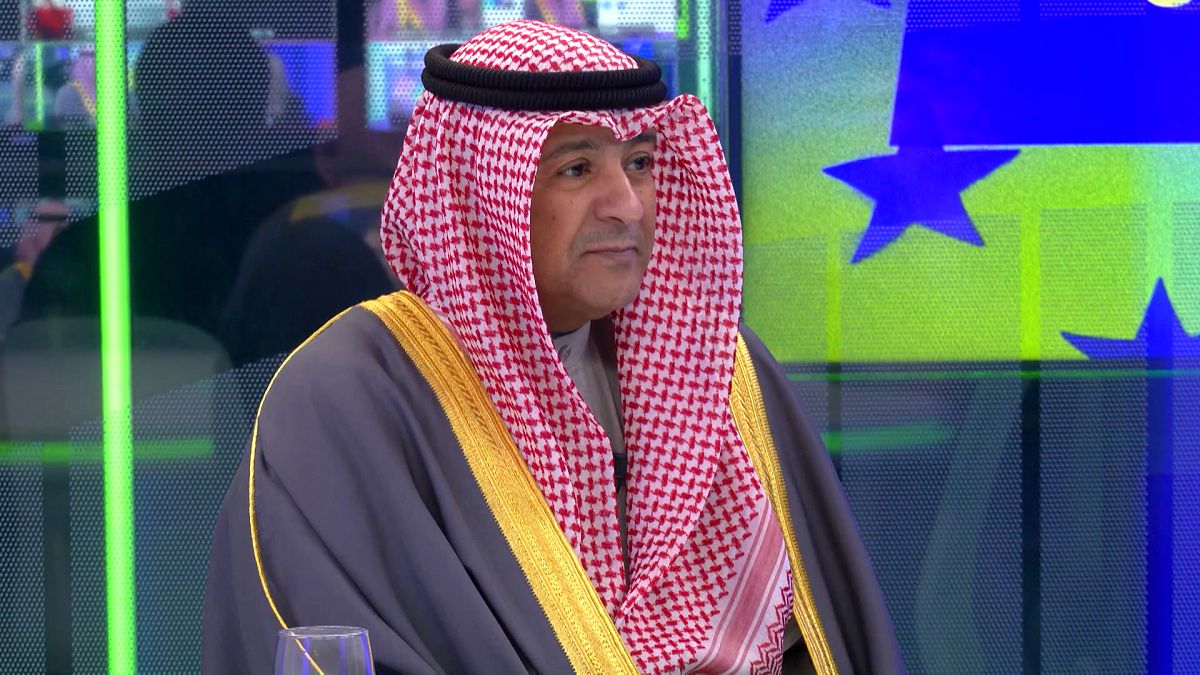The EU recently held its first summit with the six-member Gulf Cooperation Council, focusing on developing a closer partnership despite challenges such as human rights issues. In a conversation with the Secretary General of the GCC, various topics were discussed, including trade, global security, and efforts for a two-state solution in the Middle East. The ongoing conflicts in the region, such as attacks by Hezbollah and Iran against Israel, were addressed, highlighting the EU’s role in advocating for peace and the need for a two-state solution.
The EU’s efforts to engage with Israel to stop military actions against civilians in Palestine and Lebanon were acknowledged, though success in convincing Israel to change its policies has been limited. Concerns were raised about some EU member states selling arms to Israel and the importance of finding a peaceful solution through a two-state solution. The GCC has called for de-escalation in the region, urging all parties to refrain from activities that fuel conflicts and contribute to instability.
The impact of instability in the region on oil prices was also discussed, with the GCC reaffirming its commitment to ensuring a stable oil supply to meet global demand. The GCC’s willingness to increase oil production to support international energy needs was highlighted, emphasizing the importance of cooperation and stability in the face of regional challenges. The issue of Russia as a global security threat was raised, with the GCC advocating for dialogue and diplomacy as tools for engagement with all partners, including Russia.
In the context of trade agreements, the GCC expressed openness to clauses related to human rights and gender equality, highlighting ongoing dialogue with the EU on human rights issues. While the GCC emphasized its record on human rights and engagement with international standards, concerns were raised about reports from organizations like Human Rights Watch and Amnesty International. The importance of respecting cultural differences and engaging in dialogue to address human rights challenges was reiterated, with the GCC emphasizing its commitment to meeting international standards through regular reviews in Geneva.
Overall, the EU-GCC summit highlighted the importance of cooperation and dialogue in addressing challenges in the Middle East and beyond. While acknowledging differences and challenges, both parties expressed a commitment to strengthening their partnership and working towards common goals, including peace, security, and economic cooperation. As the region faces ongoing conflicts and instability, the need for multilateral engagement and diplomatic solutions was emphasized as essential for building a more stable and prosperous future for all.











